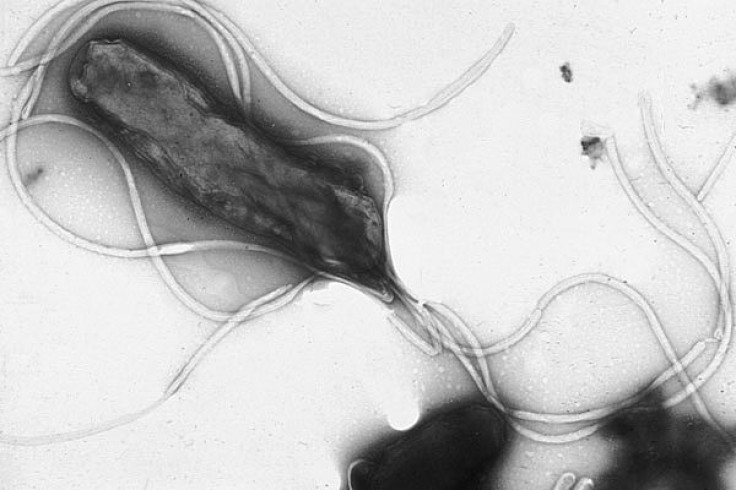New Research May Explain Why Some People Get Ulcers And Others Don't

A new study by researchers in the Netherlands may explain why some people are susceptible to Helicobacter pylori infection.
The study, published today in the Journal of the American Medical Association (JAMA), found evidence to suggest that genetic variation is linked to risk for H. pylori infection, which is a major cause of stomach problems like ulcers, gastritis, and stomach cancer. Populations in some developing countries have as much as 90 percent prevalence of H. pylori, but the bacteria never colonizes in roughly 10 percent of these populations, regardless of exposure, the researchers wrote in their study.
The team conducted two genome-wide association studies - one on a cohort of Dutch patients and one on a cohort of German patients - and did a meta-analysis of their results. Of the 10,938 participants in the study, about 56.3 percent were positive for H. pylori. The researchers wrote that they found a link between H. pylori prevalence and two genetic variations in the TLR1 gene, and that lower expression TLR1 correlated with protection against H. pylori infection.
They added, however, that the finding requires replication in nonwhite populations before it can used as a diagnostic or prognostic tool.



























